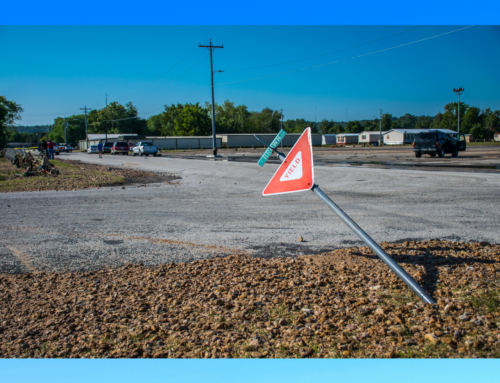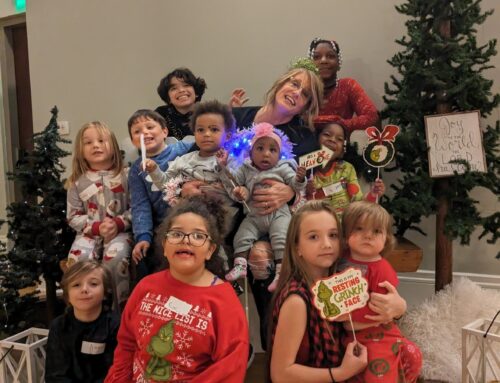In my last blog I examined the way some of the interviewees in this Philadelphia Inquirer article revealed a prevalent mental model of people in poverty in the United States. But the article also briefly mentions another issue that I think it is vital to discuss further.
The question raised by the article is whether the offer of free minutes to customers in poverty is done in order to increase profits and exploit the poor. I am not going to judge if this is philanthropy or exploitation or some mutant combination of both- but it certainly deserves a very close look. Blanket judgments of groups and individuals just don’t reduce poverty. That being said, investigating exploitation by certain groups in the private sector is an ongoing dialogue that must take place because the private sector holds massive power and influence. Everyone hears the private sector. This voice often results in policy change and huge tipping points within world economies.
I was asked to present the Bridges concepts to the CEO and VP of a large regional cell phone corporation at a marketing firm in one of the tallest buildings in Chicago. (The cell company was not Chicago based.) The company identified individuals in poverty as their customer base. I was impressed that the CEO wanted more information on systemic community strategies to reduce poverty. In closing, I mentioned that knowing your customer base is good information as long as you do not use it to exploit the customer. It’s a fine line and one to which we should hold ourselves and our corporations accountable. After all, many of our organizations hold people in poverty accountable. So it’s only fair.








